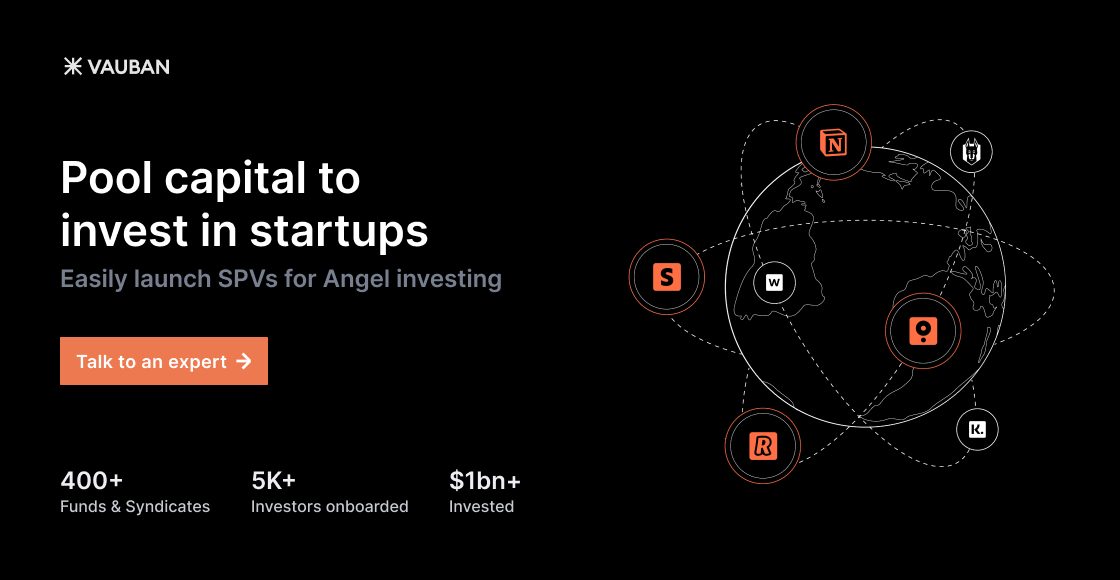In the last few years, a swathe of financial influencers and bloggers have become venture capitalists (VCs). Harry Stebbings, the 24-year-old London-based creator and host of The Twenty Minute VC, is launching a micro fund of $8.3m.
Ben Gilbert and David Rosenthal of Acquired Podcast set up an investment firm. Not Boring newsletter writer Packy McCormick created an $8m fund that splits carry with readers who introduce him to companies. Podcast and substack-er The European VC offers its audience opportunities to source opportunities and to pool capital using special purpose vehicles (SPVs).
Over on TikTok, the D’Amelio family are raising $25m for their fund, 444 Capital, to invest in fintech, edtech and insurtech. Charli D’Amelio has already invested in Step, a mobile banking app for teens. Josh Richards launched Animal Capital’s $15m fund with fellow TikTokers Noah Beck and Griffin Johnson, backed by Anthony Scaramucci and the Winklevoss twins. Johnson had already invested in Lendtable and VersusGame.
These bloggers, podcasters and influencers, and many more besides, embody a growing trend of creators leveraging loyal audiences to transition from producing content about the VC and startup world – be it serious or satirical – to investing themselves and with the support of their fans.
With their fans’ financial support and industry knowledge at their fingertips, they are well placed to become venture capitalists. They have already built that all-important trust that convinces their followers that their ideas are valid and they should invest alongside them.
A loyal audience has always been key
In these cases, influencers became VC investors after building an audience. But some meme accounts have been created for the very purpose of raising investors’ profiles by positioning them as a trusted authority.
Turner Novak, who created a viral following with investment memes and tech founding story parodies, told The Hustle that he uses “content as a way to build relationships with founders and other investors”. The Startup Tank built an audience to pool capital that is invested in startups via SPVs.
Being an authoritative voice has always been a desirable attribute of a venture capitalist. Back in the 1980s, Michael Moritz moved from Time Magazine, where he covered Apple, to Sequoia Capital, where he invested in Google, Yahoo, LinkedIn, and PayPal. More recently, in 2015, Ryan Lawler left his role at TechCrunch to join 500 Startups and Michael Carney left PandoDaily to join Upfront Ventures as an associate.
These journalists, though, joined a firm rather than set up their own, which is what we’re seeing influencers do today.
SPVs make the difference for VC influencers
This is perhaps down to the increasing accessibility of SPVs, which allow venture capitalists to easily raise money from their audience, rather than simply use their industry knowledge to select investments. SPVs are entities created for a single purpose, which in this case is pooling capital from investors to be invested in startups.
SPVs have been made even more user-friendly by London-based fintech startup Vauban. In a few simple steps, it allows first-time angels to invest small amounts of money in startups from anywhere in the world. Its platform has been used by over 5,000 investors and deployed more than $1bn of capital so far into scaling startups so far.
SPVs appeal to both investors and founders. Investors like that they are tax transparent, cost-efficient to set up, ready in as little as a week and accessible from anywhere in the world. Founders (and down the line, other investors) like that they keep the cap table neat by pooling all the investors into a single ticket, as well as enabling them to bring on niche and expert investors early in a startup’s growth.
SPV platforms like Vauban have made it easier than ever before for influencers to enter the world of VC. Deeply immersed in the world of startups and venture capital, with a loyal and trusting audience of Reddit day traders and private equity leaders alike, these influencers have long appealed to both investors and startups.
Now they have the tools to leverage their audience and connect investors with startups. Expect to see this trend accelerate in months and years to come.
In partnership with Vauban, an online platform that makes it easy to raise capital from your network to invest in private companies.

Credit: Source link


Comments are closed.